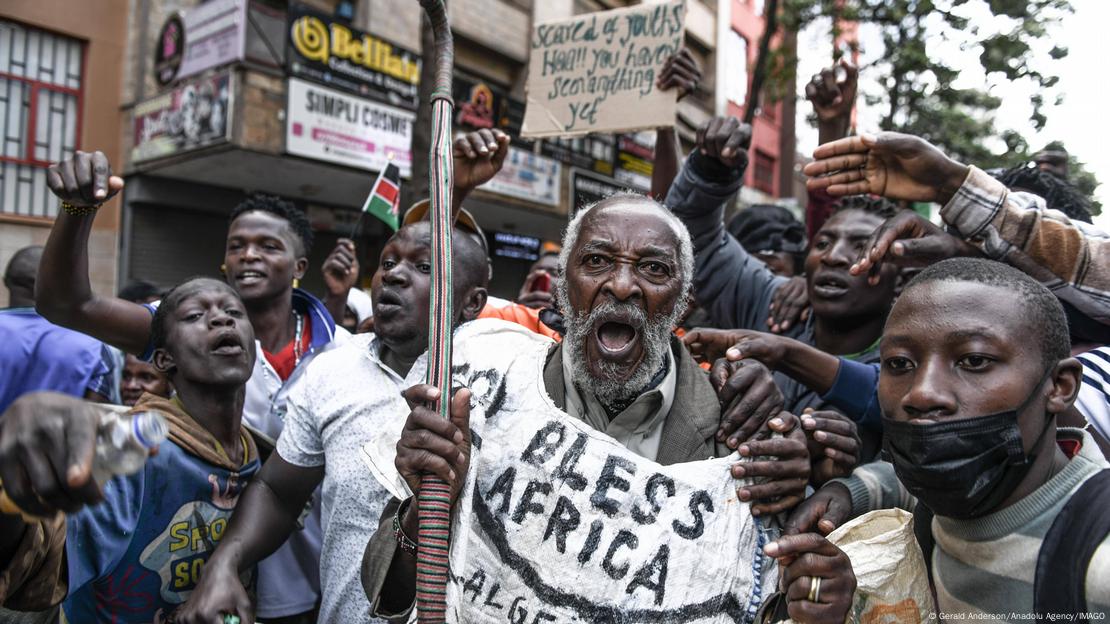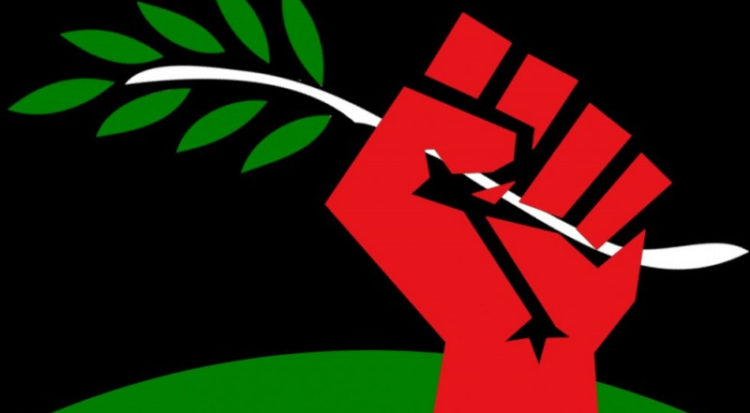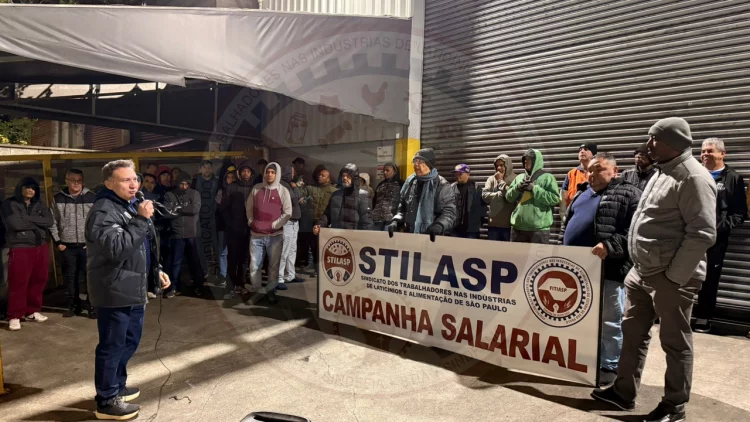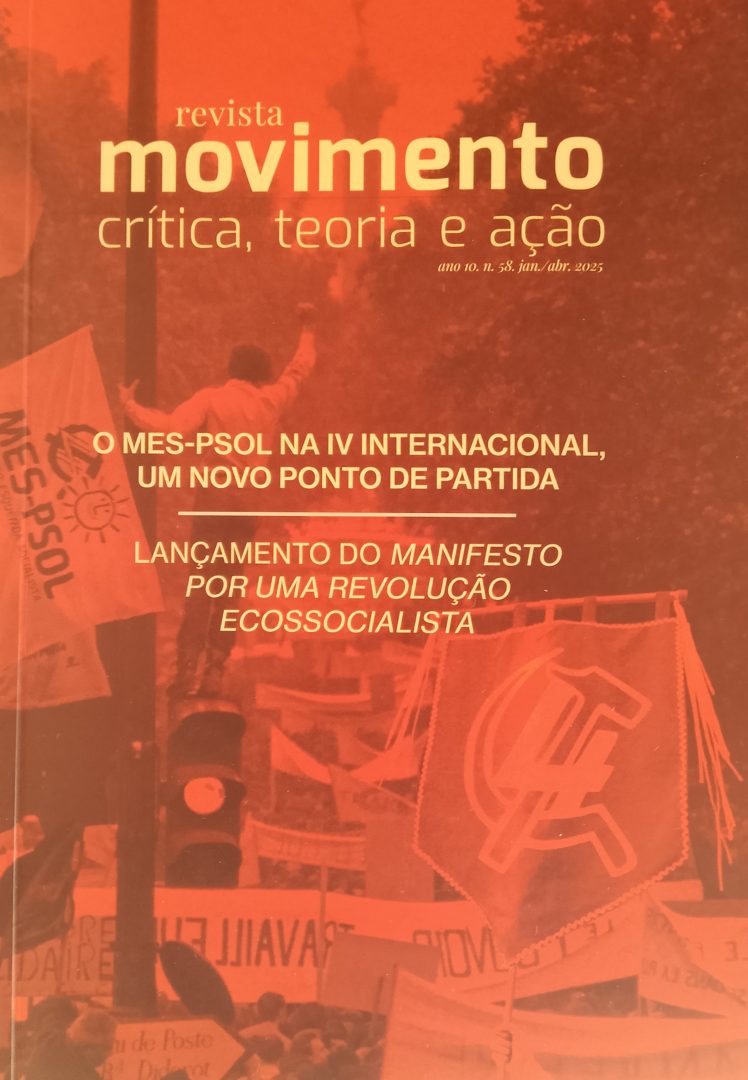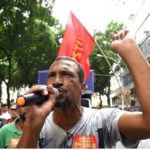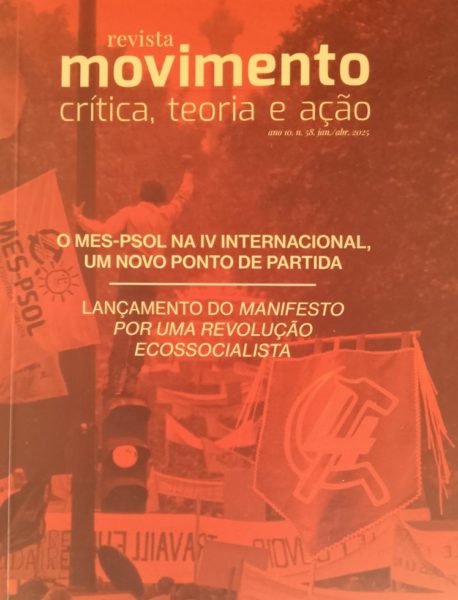Kenya: The Return of Mobilizations
One year after the major demonstrations against the budget, Kenyan youth return to the streets, despite growing repression
Published in Afriques en Lutte
Once again, Kenyan youth took to the streets in memory of the sixty people murdered by the police a year ago during the mobilizations against the budget proposal. At the time, William Ruto, President of Kenya, in response to the IMF’s demands for debt repayment, created a series of taxes that affected the popular classes.
The WanTam Movement
Called by civil society organizations and widely disseminated on social media, the “Maandamano” of Thursday, June 26, took place in major cities across the country. Quickly, tens of thousands of demonstrators, mostly young people, chanted slogans against Ruto, who is preparing for a second presidential term. Some called for the president’s resignation, others wrote on improvised signs “WanTam,” a popular expression meaning “one term.”
Since his election in 2022, Ruto, during his campaign, managed to create an illusion by condemning police violence, promising to fight poverty, and presenting himself as the candidate of precarious youth. Once elected, Ruto showed his true face. He privatized dozens of national companies, consolidated his clientelist network, and uses violence like his predecessors.
Police forces violently repressed the demonstration. The first estimates released by Amnesty International Kenya point to sixteen people shot dead. The feminist association Usikimye denounces organized sexual violence against women, with a dozen rapes committed by thugs paid by those in power.
Terrorizing the Population
This police violence is omnipresent. It manifests itself through forced disappearances that often end with the death of the abducted individuals. This violence has been witnessed by hundreds of thousands of Kenyans on social media. There, we see a police officer shooting at point-blank range a peaceful young street vendor during a demonstration. There’s also the case of Albert Ojwang, a young teacher who, for criticizing a high-ranking police official, was arrested and died under torture.
Many Kenyans are detained at roadblocks, a method used by police to extort money in exchange for release.
This repression is the result of political will. Under Ruto, the number of abductions has quadrupled. The signals of three television channels, NTV, KTN, and K24, were cut off because they did not respect the ban on live reporting of the demonstrations. He did not hesitate to hand over to Uganda Kizza Besigye, one of Museveni’s main opponents, who now rots in prison under degrading conditions.
But that does not stop Macron from organizing, in partnership with Ruto in Nairobi, the next Africa–France summit.
Paul Martial is a writer for the French magazine L’Anticapitaliste
